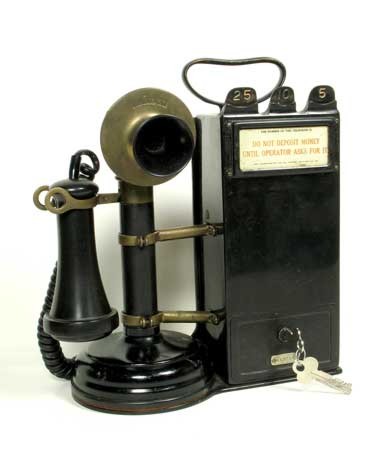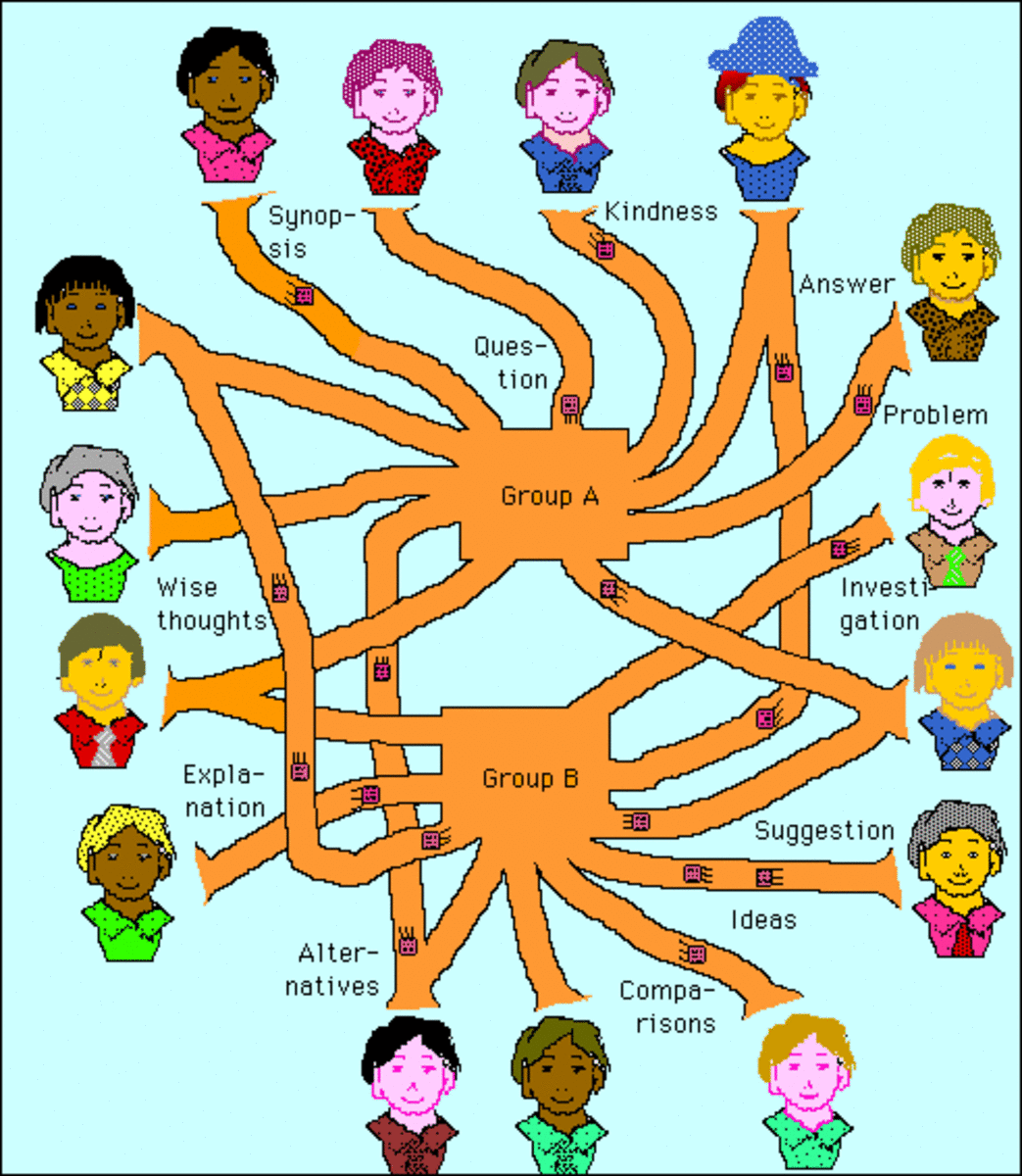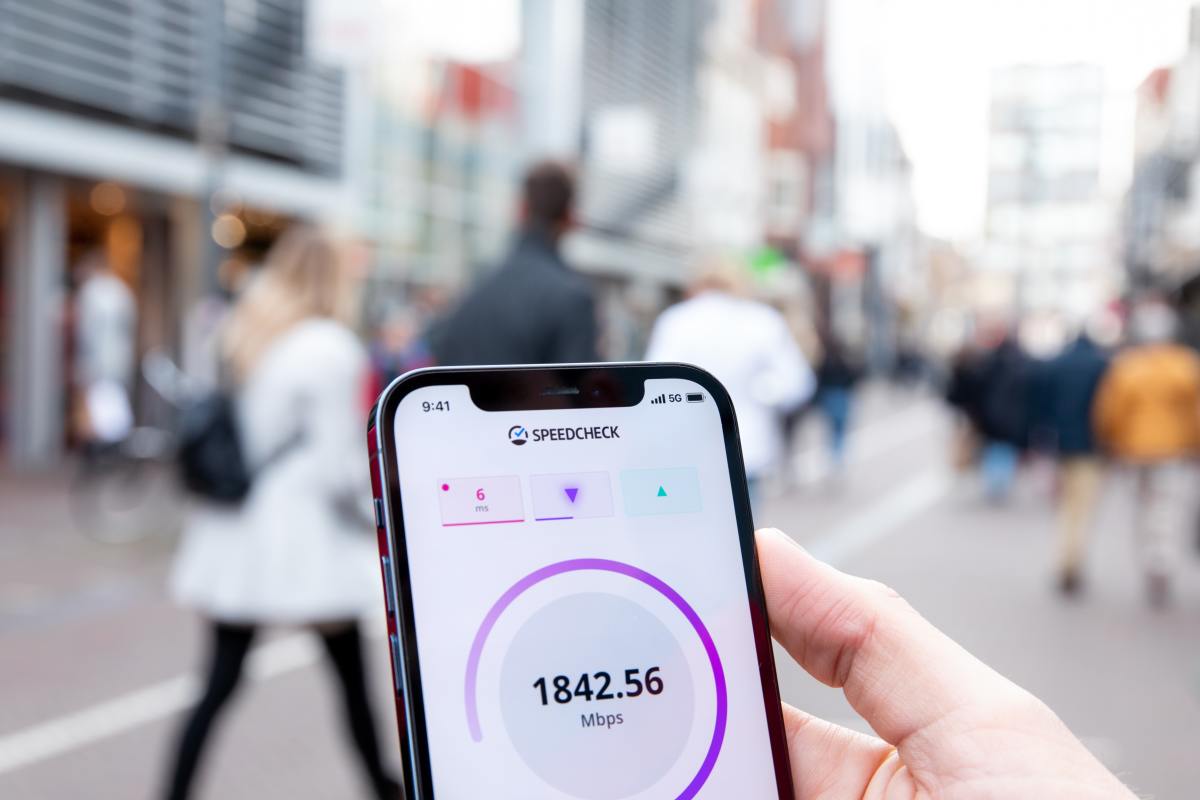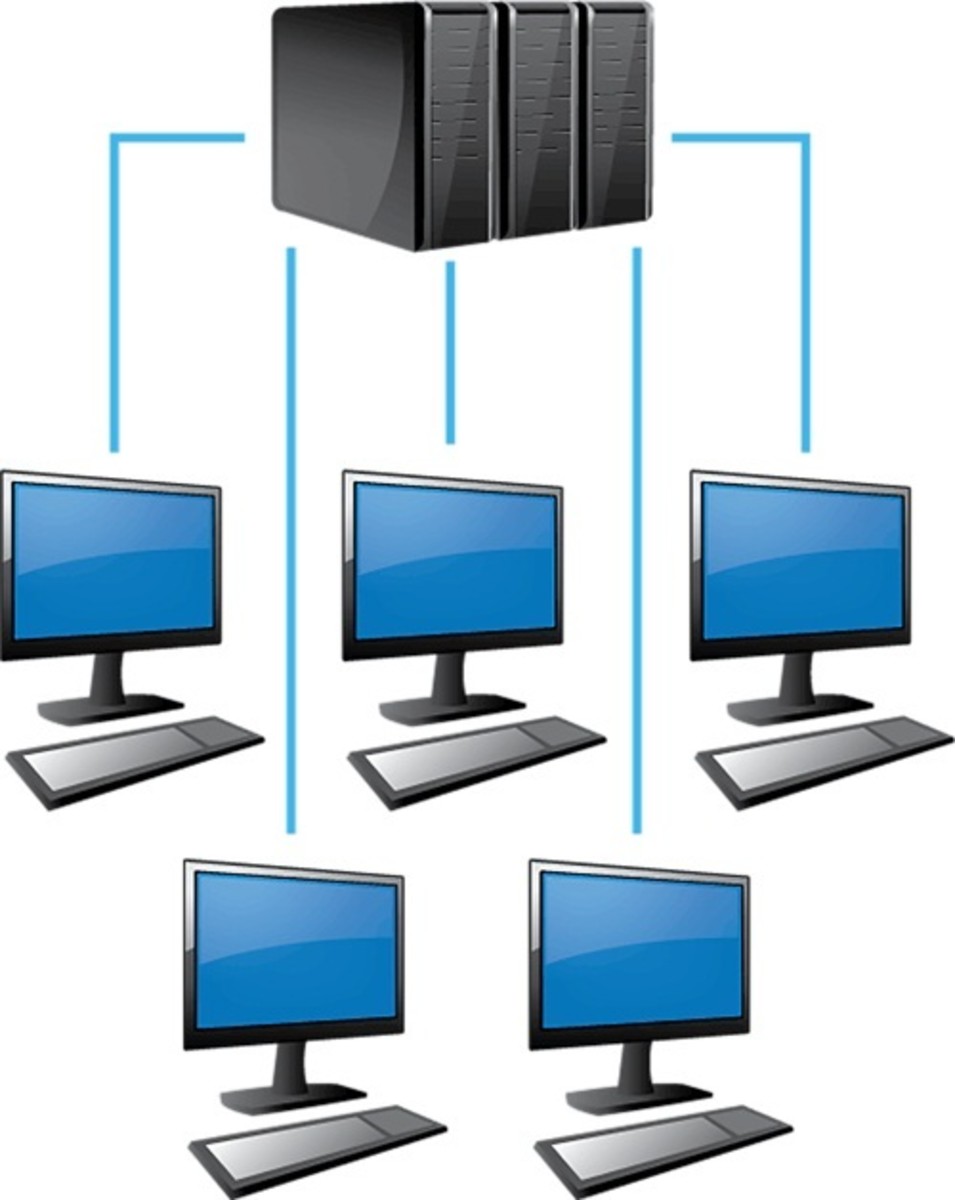Communications technology - a double-edged sword

New technology and the communication between people
It may seem ironic that I should choose to address this topic on a site like this, but what better place?
Being a child of the sixties/seventies, I grew up with paper, pencils and snail mail. I was even there at the birth of the matchbox radio, the calculator,digital watches and video players for the general public.
CD's hadn't even been thought of and records came in one of three speeds--33, 45 and 78 rpm.
In those days, people spoke to one another via letter or on land-line telephones if they weren't communicating face-to-face as there were no mobile phones, no email and no text messaging, so technology has brought people closer together hasn't it?

A humble beginning
Remember pens?
That's all we had--well, those and pencils. It makes me wonder how we ever survived without Photoshop or Word. My maths classes would have been a hell of a lot easier with Excel, I can tell you. Even Windows 'Calc' would have been handy.
We wrote things by hand, being scored on the standard of our handwriting and its legibility as well as the content. If we wanted to say hello to Aunty Mable, we sent her a letter and weeks and weeks later, we may get a reply--provided the Post Office got our letter to her and hers back to us that was.
Things took longer and we knew that was how it was.
We didn't expect instantaneous responses like they do now.
Keeping in touch

The telephone and the start of the revolution
The video above, shows Maureen Lipman as the archetypal Jewish mother. There were a series of them for BT as the telephone became more and more widely accessible asking people to 'keep in touch'.
Of course they were. Telephones were and still are big business, but there was more it it than that.
Families and friends that were separated by great distances could then at least talk to one another and it wasn't long before telephones were not considered a luxury, but a necessity.
So have things improved?
Of course they have.
We have long since moved from analogue to digital telephones and this means that wherever someone is in the world, their voices will probably sound like they are in the next room. Calls are affordable and with Britain having Oftel - The Office of Telecommunications, it means that the standard of telecommunications service in this country at least, is pretty good.
However, it's not all good.
Helpdesks, Customer Services and Telesales


Along with the positive improvements to the telephone systems came the negative areas.
Telesales, or Telemarketers.
These are people who phone you up and try and sell you things you don't usually want, don't need and would really rather not have heard about. I had to do it for a while, selling sticky tape.
Wow! Way to rock somebody's world, eh?
They work to scripts--usually scripts that have to be learned verbatim--because apparently they work. I wish someone had told my customers that.
The telesales executive as they are known (a grandiose title for someone who phones you right in the middle of the Grand Prix to try and sell you cheaper telephone rental) are not programmed to accept disinterest or the concept of "Don't call this number again".
That's on top of the wrong numbers you will receive--though in fairness, it's not their fault usually.
They come selling all manner of products and services and can actually be almost as difficult to get rid of as a Jehova's Witness, but remember, you do have the ability to put the phone down--if being downright rude hasn't got rid of them first.
I used to feel sorry for these people, having to work this way, but they have a choice. If they don't want to piss people off in their hundreds, they could always find something else to do.
Helplines and Customer Services
These are the people you phone when something goes wrong, or alternatively, doesn't happen at all.
The scenario is usually something like this:
- You phone and get through to an electronic router, which gives you several options, which you doubtless forget before you get to option three hundred and eighty seven. I'm convinced it's the same person whichever option is chosen.
- You're asked to wait until one of their 'engineers ' are free. You should have remembered to make some good, strong coffee before you started this call, because now, you've been waiting for so long, you can hardly keep your eyes open.
- When you['re successful in making contact--which is getting ore like Close Encounters each day--you find the person on the end of the line is not English and speaks with a really thick foreign accent, which due to the fact that their headset isn't where it should be, can't hear you properly, just as you can't hear or understand them.
- In the end, I'm positive that you put the phone down, not because you have been helped and are satisfied that whatever was wrong can be fixed, but because you can stand it no more.
It's just not helpful.
Worse is the fact that these calls are not always free. So you're sitting on the end of the line, sometimes for hours at a time, not to have got anywhere at all.
Banks can often be the worst offenders--well certain banks anyway.
It used to be nice to be able to go into a bank and speak to a person--you know,one of those real-life things like you or me, but now, you just get that maze of questions and options to wade through given by a robot.
So whilst the technology has moved forward and ordinary people are reaping the benefits, they are also subject to the darker, less pleasant side of the telephone industry.
It's my understanding that other countries whose telephone systems are not subject to any form of control are far worse. In France for instance, the helpdesk is manned by those who are geared to sell more of the telephone company's wares and are paid on results, which can often lead to you getting no help whatsoever.








